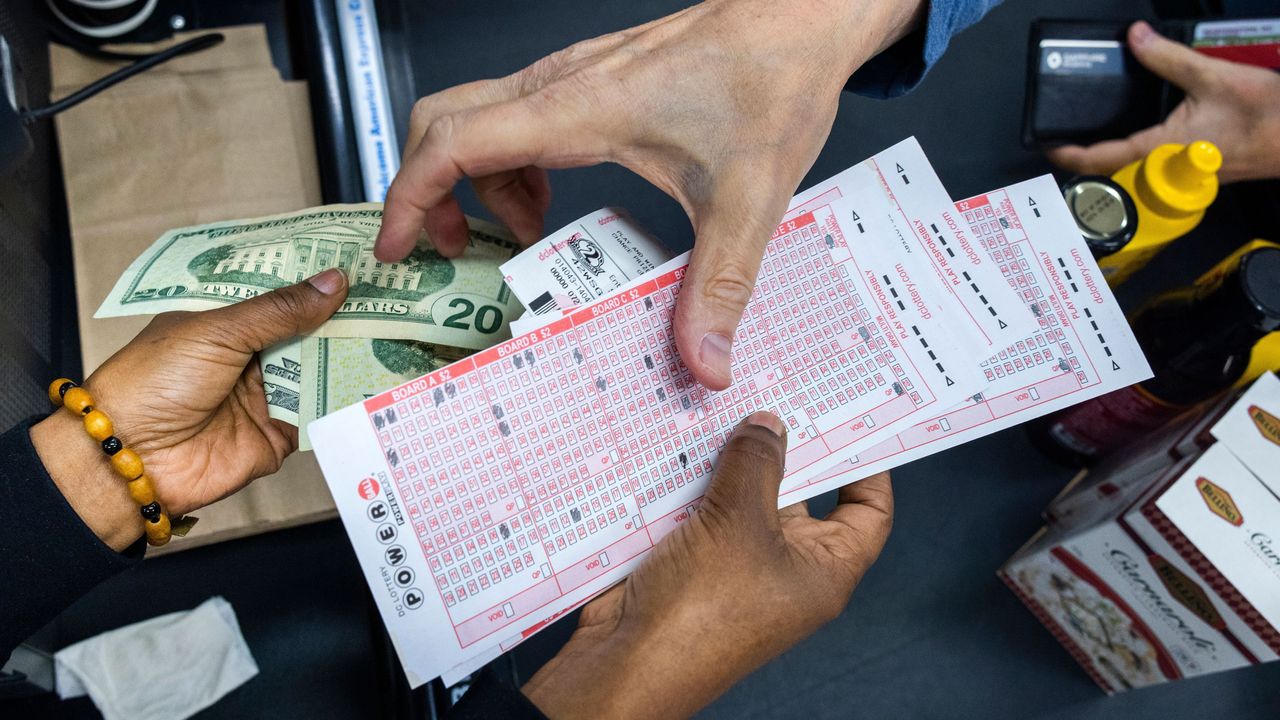Lottery gambling, with its promise of instant wealth, has been an alluring facet of society for centuries. It embodies the quintessential dream: the chance to transform one’s life with the stroke of luck. Yet, beneath its shimmering surface lies a complex landscape of psychology, mathematics, and societal impact. In this article, we embark on a journey to unravel the intricacies of lottery koi toto, exploring its allure, the odds stacked against players, and its broader implications on individuals and communities.
The Allure of the Lottery: Lottery gambling taps into fundamental human desires: the longing for financial security, the pursuit of dreams, and the allure of the unknown. For many, purchasing a lottery ticket represents a symbolic gesture of hope, a tangible manifestation of aspirations for a brighter future. The mere act of participating in the lottery ignites fantasies of wealth, igniting the imagination with visions of luxury, freedom, and opportunity.
Moreover, the accessibility of lottery tickets contributes to its widespread appeal. Unlike traditional forms of gambling that require a visit to a casino or betting establishment, lottery tickets are readily available at convenience stores, supermarkets, and online platforms. This accessibility ensures that individuals from all walks of life can partake in the excitement of the lottery, transcending socioeconomic barriers in the pursuit of fortune.
The Odds: A Harsh Reality Check: However, behind the glittering facade of the lottery lies a harsh reality: the staggering odds stacked against players. Statistical analysis reveals that the probability of winning major lottery jackpots is exceedingly low, often akin to the odds of being struck by lightning or attacked by a shark. Despite this, millions of individuals worldwide continue to invest their hopes and resources in pursuit of the elusive jackpot.
The allure of the lottery, coupled with cognitive biases such as optimism bias and the availability heuristic, often distorts individuals’ perception of risk. Many underestimate the improbability of winning while overestimating their chances of success, fueling a cycle of perpetual optimism and investment in lottery gambling.
Furthermore, the regressive nature of lottery gambling disproportionately affects vulnerable populations, including low-income individuals and those with limited financial literacy. For many, the purchase of lottery tickets represents a significant portion of their disposable income, perpetuating cycles of poverty and financial instability.
The Broader Implications: Beyond its individual impact, lottery gambling has broader societal implications, influencing economic dynamics, public policy, and social welfare. Governments rely on lottery revenue to fund various public initiatives, ranging from education and healthcare to infrastructure development. However, critics argue that such reliance on gambling revenue perpetuates a predatory cycle, exploiting the aspirations of vulnerable populations for the sake of fiscal gain.
Moreover, the normalization of lottery gambling within society contributes to the commodification of luck, fostering a culture of instant gratification and entitlement. The pervasive narrative of the “lottery dream” perpetuates the myth of meritocracy, suggesting that anyone can achieve wealth and success through luck alone, rather than hard work or talent.
